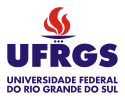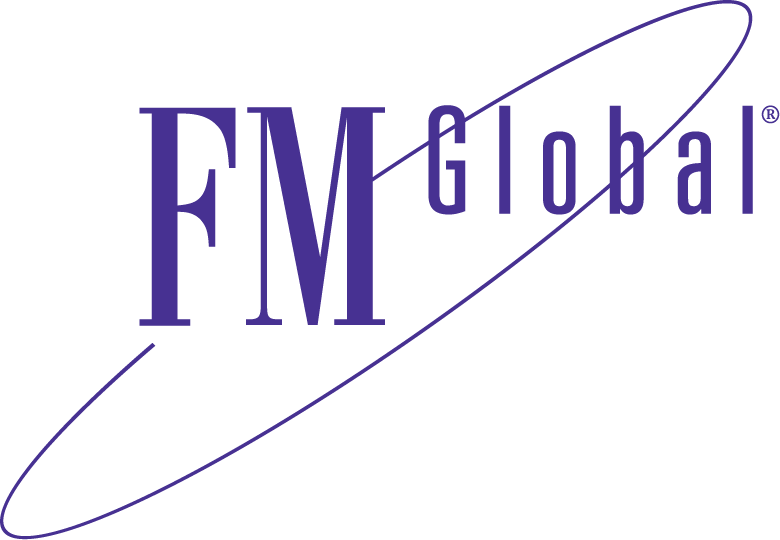Mini-courses
M1 - Course on Fire Design of Structures on according to Brazilian and European Standards
João Paulo Correia Rodrigues, UC - University of Coimbra, Portugal and UFMG - Federal University of Minas Gerais, Brazil
Objectives
This course aims to provide the basic knowledge for understanding the behavior of structures and their materials in fire situations and the corresponding methods of design according to Brazilian and European standards. The course will focus, in addition to the aspects related to the assessment of actions, on the methods of design the structures of reinforced concrete, steel, composite steel and concrete, timber, masonry and aluminum and their alloys.
Target audience
Teachers, researchers, engineers, architects, designers
Prerequisite
Degree in engineering or architecture
Program
- FIRE DESIGN OF REINFORCED CONCRETE STRUCTURES
- FIRE DESIGN OF STEEL STRUCTURES
- FIRE DESIGN OF COMPOSITE CONCRETE AND STEEL STRUCTURES
- FIRE DESIGN OF TIMBER STRUCTURES
- FIRE DESIGN OF MASONRY STRUCTURES
- FIRE DESIGN OF ALUMINUM STRUCTURES AND THEIR ALLOYS
Teacher
João Paulo Correia Rodrigues graduated in Civil Engineering from University of Coimbra (UC) in 1991 and completed a Master's Degree in Civil Engineering in Structures at UC in 1994. He completed his PhD in Civil Engineering at Instituto Superior Técnico (IST) of Technical University of Lisbon (UTL) in 2001 and aggregation in Civil Engineering at University of Lisbon (UL) in 2014. He is currently a Professor at UC and Professor at Federal University of Minas Gerais, Brazil. He is author of more than four hundred scientific publications and has supervised hundreds of Master's and PhD students in the field of Fire Safety Engineering. From 2006 to 2019, he was coordinator of the Graduate Program (Master and PhD) on Fire Safety Engineering at UC, having been responsible for its creation. He has also coordinated several European and national research projects and laboratory reequipment projects for UC. He also actively participated in several international working groups: CIB W014, RILEM HTC and HPB, ECCS TC3, fib TG 4.3, ISO TC92 SC4 and COST TU0904 and FP1404. He is currently coordinator of CIB W014-Fire Safety group.
References
- Standards: ABNT NBR 14323:2013; ABNT NBR 14432:2001; ABNT NBR 14762:2010; ABNT NBR 15200:2012; ABNT NBR 16239:2013; ABNT NBR 5628:2001; ABNT NBR 6118:2014; ABNT NBR 7190:1997; ABNT NBR 8681:2003; ABNT NBR 8800:2008; EN 1990:2009; EN 1991-1.2:2010; EN 1992-1-2: 2010; EN 1993-1-2: 2010; EN 1994-1-2: 2011; EN 1995-1-2:2004; EN 1996-1-2:2006; EN 1999-1-2:2007.
- João Paulo C. Rodrigues & Rafael Galvão Oliveira, Fire Design of Structures According to Brazilian Standards, ed. Oficina de Textos, São Paulo, 2021, p. 192
M2 - Fire design of reinforced concrete structures
Fabrício Longhi Bolina – UFSM- Federal University of Santa Maria, Brazil
The objective of the course is to show and critically discuss the methods of fire design of reinforced concrete structures based on EN 1992-1.2. Simplified and advanced structural fire design procedures will be demonstrated, focusing on beams, slabs, columns, wall columns and tension elements. Design optimization techniques are also discussed. The programmatic content of the course is:
- Basis of fire-design reinforced concrete structures
- Actions in fire
- Material properties in fire
- Fire-design procedures: simplified calculation method
- Fire-design procedures: advanced calculation method
- Fire-design procedures: tabulated data
Teacher
Fabricio Longhi Bolina graduated in Civil Engineering from PUCRS (2011), Brazil, with a sandwich year at ENISE (2010-11), France. He completed his PhD in Fire Safety Engineering at the University of Coimbra (2021) in Portugal. He is currently a professor at Unisinos University, Brazil, and coordinator of postgraduate courses in Fire Safety Engineering and also in Steel and Concrete Structures, having been co-responsible for its creation. He is a visiting researcher at UFRGS, Brazil. Coordinator of the review of the Brazilian standard ABNT NBR 15200 - Design of Concrete Structures in Fire Situations. Member of the Board of ALBRASCI (Luso-Brazilian Fire Safety Association). He has already participated in more than 1 million m² of technical consultancy in multi-story building projects focusing on the structure-architecture-fire safety interface. He has published over 80 papers in conferences and technical journals.
M3 - Active Fire Protection Basis of Design (BoD) in Brazil
Deives de Paula – University of Coimbra, Portugal
The course objective is to present an overview of relevant topics to develop the design basis in compliance with Brazilian Standards related to fire extinguisher systems, standpipe and hose systems and fire sprinkler systems. Some similarities between international standards will also be discussed. The programmatic content of the course is as follows:
- Structure of Brazilian Codes and Standards and how it affects the fire protection design.
- Fire extinguishers’ basic requirements
- Standpipe and Hose Systems’ basic requirements
- Fire Sprinkler’s basic requirements
Teacher
Deives de Paula graduated in Civil Engineering from FEI (2000), post graduated in Telecommunication Engineering at FAAP (2003), and Master’s in Building Environment at Technological Research Institute of São Paulo – IPT/SP (2014). He is enrolled on PhD in Fire Safety Engineering at the University of Coimbra and works as a Researcher at Itecons, Portugal. He is an invited professor at postgraduation in Health and Safety Engineering (University of São Paulo and Universidade Paulista), at postgraduation in Fire Safety Engineer (Federal University of Pernambuco and Instituto Navigare) and at Master in Building Environment (IPT-SP). Participation in the Brazilian standardization process in ABNT/CB-024 (Fire Safety Committee in Brazilian Technical Standards Association) since 2013, providing contributions on fire extinguishers, automatic fire sprinklers, and standpipe and hose systems standards. Member of the Board of ALBRASCI (Luso-Brazilian Fire Safety Association).
- These mini-courses will have a duration between 60 and 90 min each.
- The price of each mini-course will be 30€ /30$/200R$.
- The mini-courses will take place with a minimum of 6 and a maximum of 20 participants.
- The attendees will have a certificate of participation at the end.
The registration can be done by email to the secretariat of the Symposium.





























